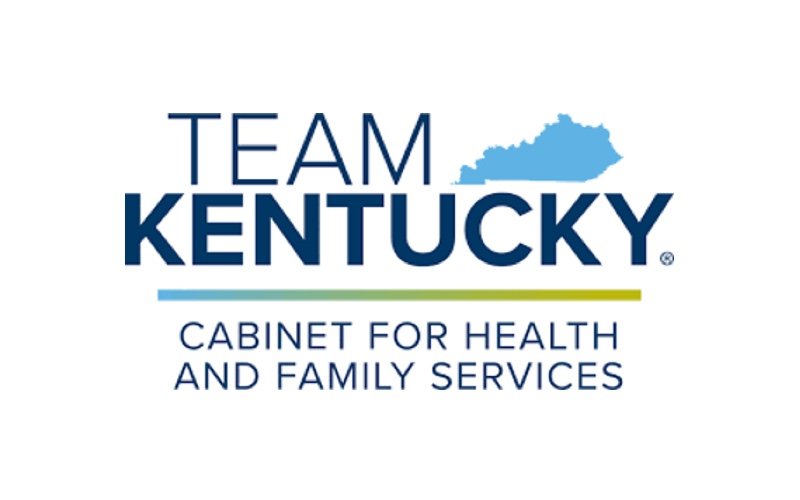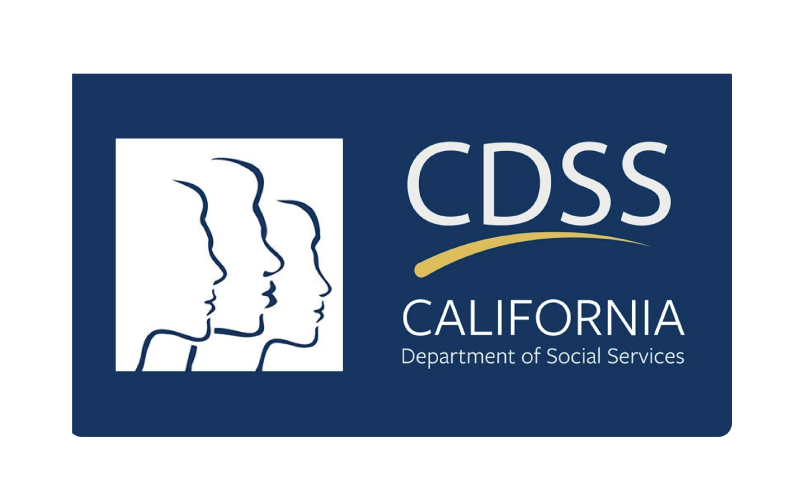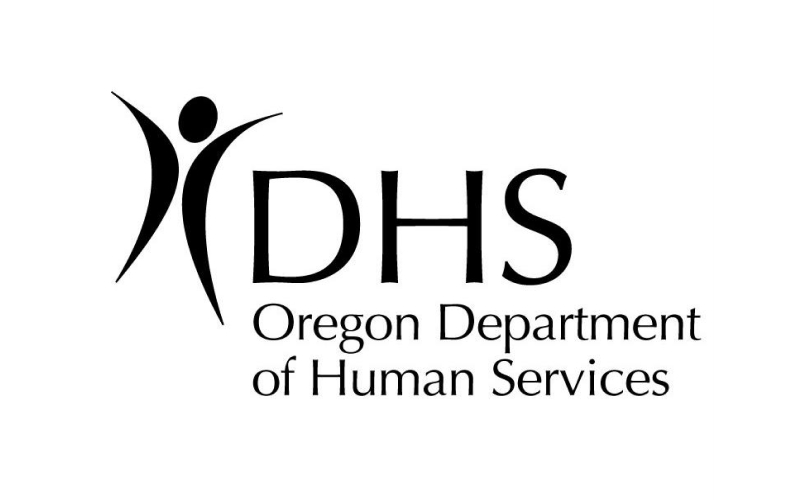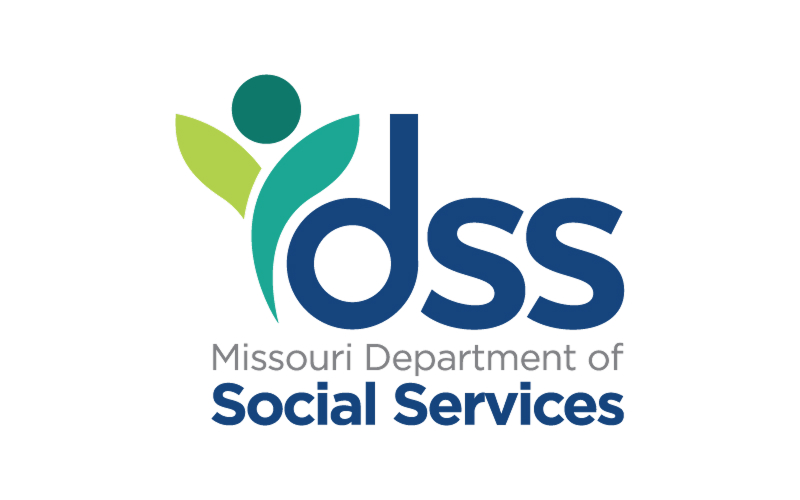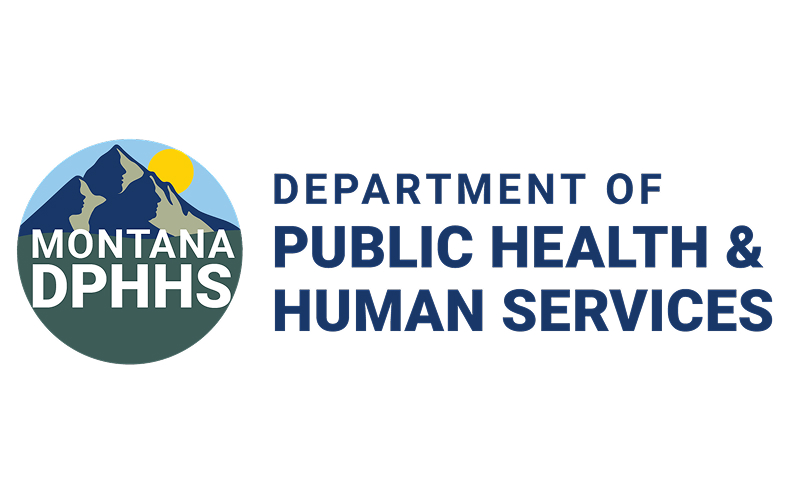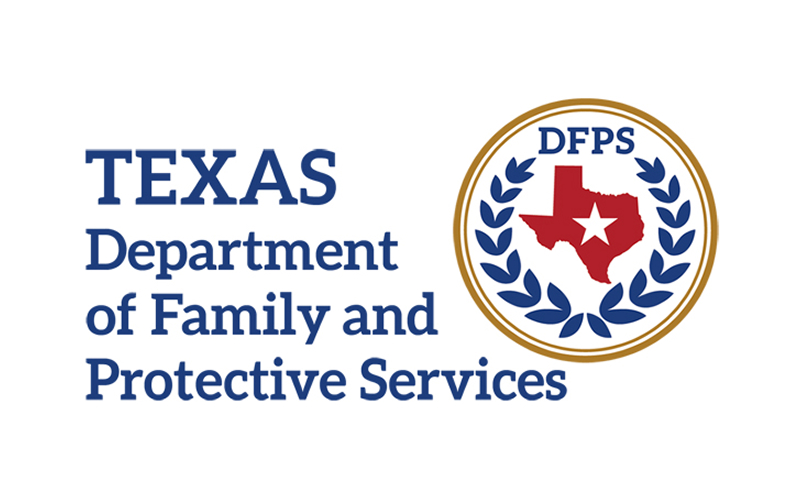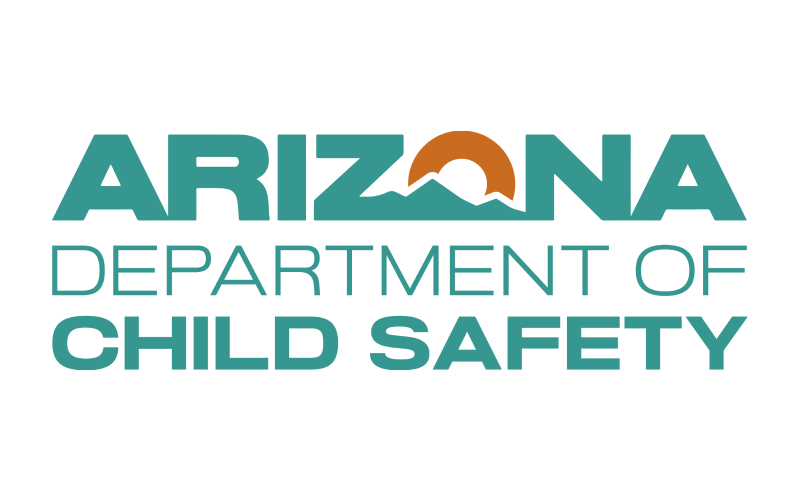Pre-Service Training
State-approved foster and adoptive families must complete 15 hours of the National Training and Development Curriculum for Foster and Adoptive Parents (NTDC) in a hybrid format, with an additional 15 hours required within two years of being approved, totaling 30 hours. This training is mandatory before finalizing an adoption. Approved relative caregivers are not required to complete this training but are encouraged to participate in trainings relevant to their parenting needs.
Services Offered Through the State’s Post-Permanency Support Program
The Kentucky Cabinet for Health and Family Services (Cabinet) provides services to adoptive, guardianship, and relative families and contracts with the University of Kentucky (UK) and Western Kentucky University (WKU) to support families post permanency. UK coordinates the Adoption Support for Kentucky (ASK) Program, while WKU coordinates The Network.
Services include:
Many adopted children receiving subsidy benefits receive Medicaid services through Aetna. For those that choose to participate, the Aetna Supporting Kentucky Youth (SKY) program offers a care management team which can help families access the resources they need. For a child or youth to qualify, they must have an adoption or guardianship subsidy agreement.
For more information, visit:
In the last quarter of fiscal year 2023, ASK had 1,395 attendees for trainings and 392 attendees for the general support groups offered.
Geographic Area Covered
All services offered are statewide.
Eligible Population for the Overall Post-Permanency Program
Variations in Eligibility for the Post-Permanency Program
PAPSS is only available for children and youth who were adopted through the state foster care system. The Aetna SKY program is available only to children who have Aetna coverage through their adoption or guardianship assistance. All other services are available to all foster, adoptive, guardianship, relative, and fictive kin families.
Accessibility
All regional Cabinet staff receive cultural awareness trainings.
Depending on the community’s need, ASK also offers specialized support groups including groups for LGBTQ2S+ and interracial families as well as parents who are hard of hearing or deaf.
Outreach and Engagement
The Cabinet regional subsidy workers send an annual letter in the summer, which the family has to review and return. The subsidy worker’s name is listed on the letter, as well as what resources are available in the state. The Cabinet also uses the govDelivery system, a product of Granicus, to notify adoptive families regarding specific policies changes or learning opportunities that may be of interest to them.
ASK and The Network also maintain social media accounts and send monthly emails to foster and adoptive families to advertise training and support group information, collect data via surveys, and share other information.
How the Post-Permanency Program Is Operated
Notes About Who Provides Which Service(s)
Both programs offer trainings and support groups. However, ASK is primarily offered to adoptive families, while The Network is offered to foster and adoptive families. The Network also offers peer support.
Adoption/Guardianship Assistance/Subsidy Review and Changes
Adoptive families receive an annual contact form from the state and, if the child’s needs or family’s situation changes, can request changes to adoption assistance, either verbally or in writing to their regional subsidy worker. Renegotiations are managed by the subsidy worker, who completes a form and provides approval. Central office may be involved if the situation warrants it.
As of July 1, 2024, subsidized guardianship is available to caregivers, but these subsidies cannot be renegotiated. Families are informed of this through a provided handbook and are encouraged to seek additional support from the MCO or other community resources if needed.
Tracking Adoption/Guardianship Discontinuity
Information not available.
Post-Permanency Program Spending (FY 2023)
Funding Sources for the Post-Permanency Program (FY 2023)
- Title IV-B, Part 1 (Child Welfare Services/CWS)
- Title IV-B, Part 2 (Promoting Safe and Stable Families/PSSF)
- Adoption savings(reported on CB 496 Part 4 – Annual Adoption Savings Report)
- State funds



